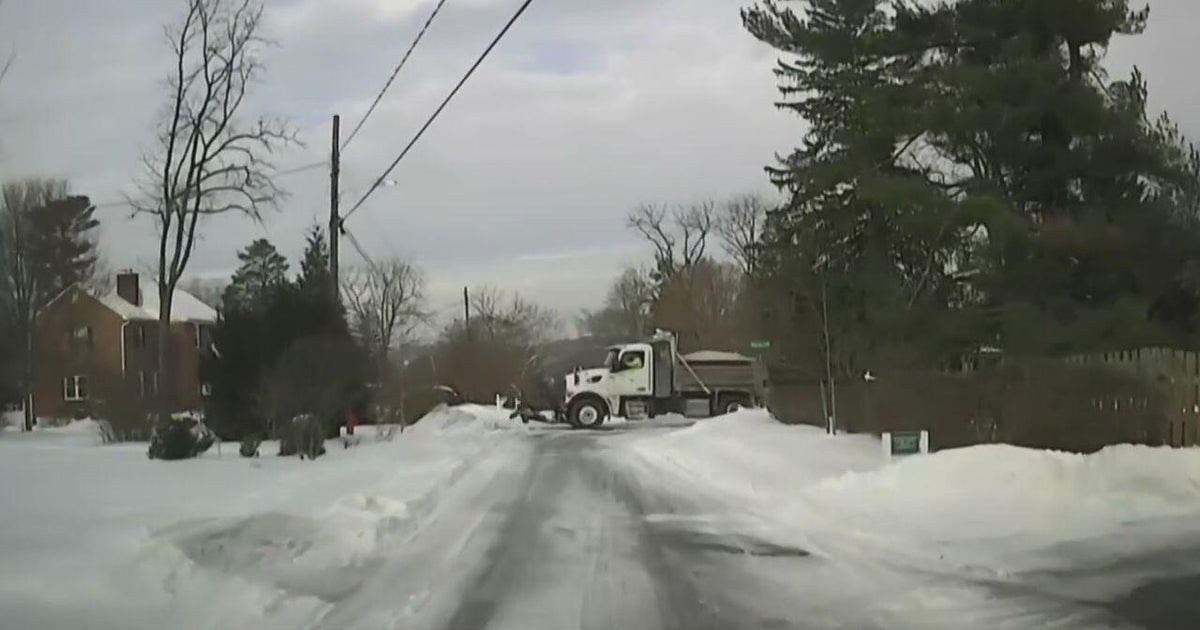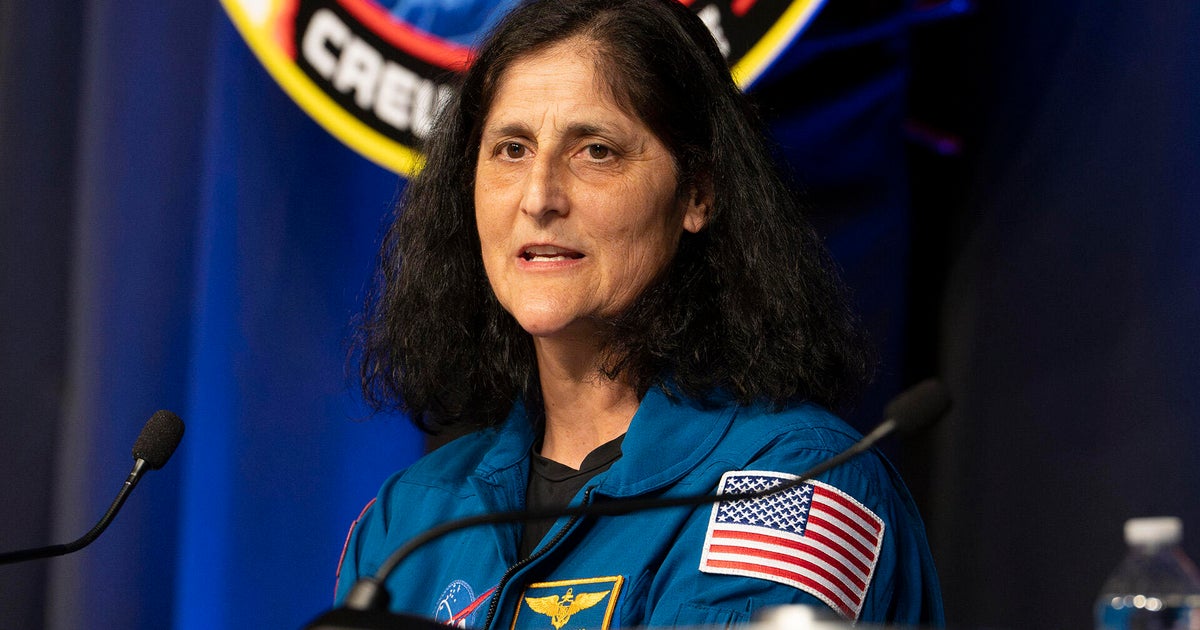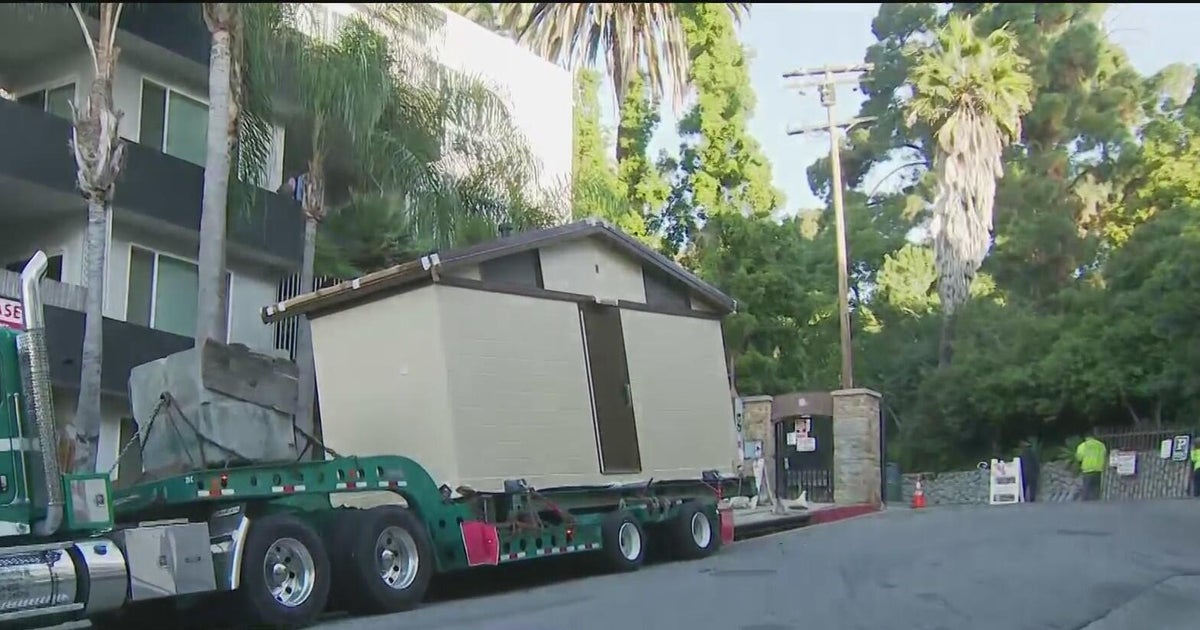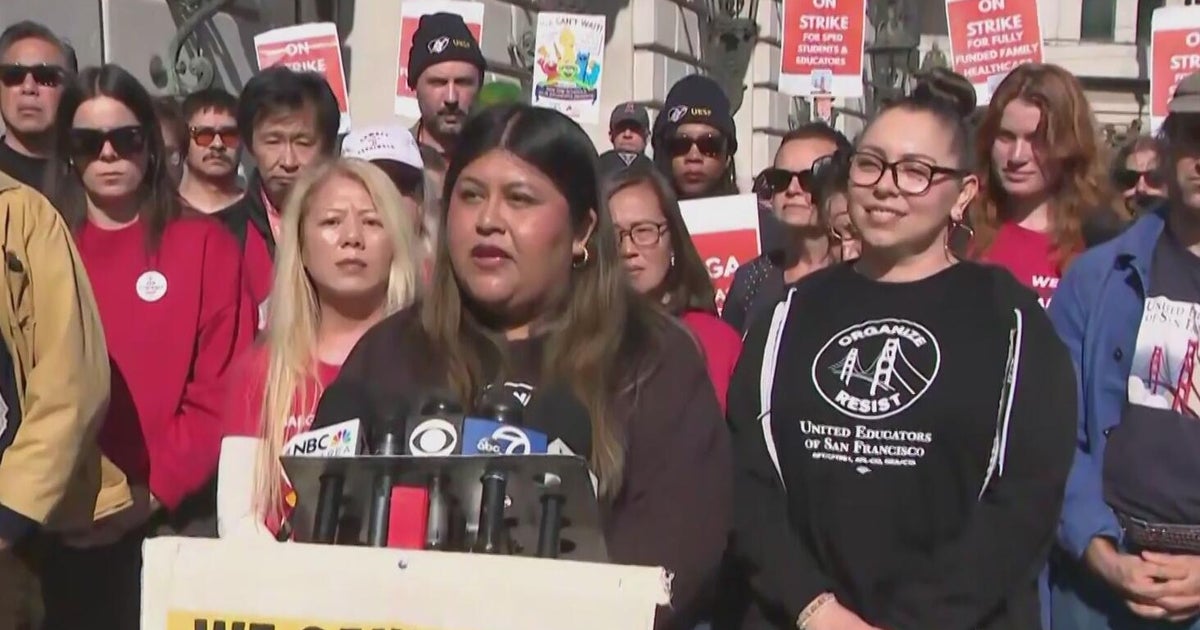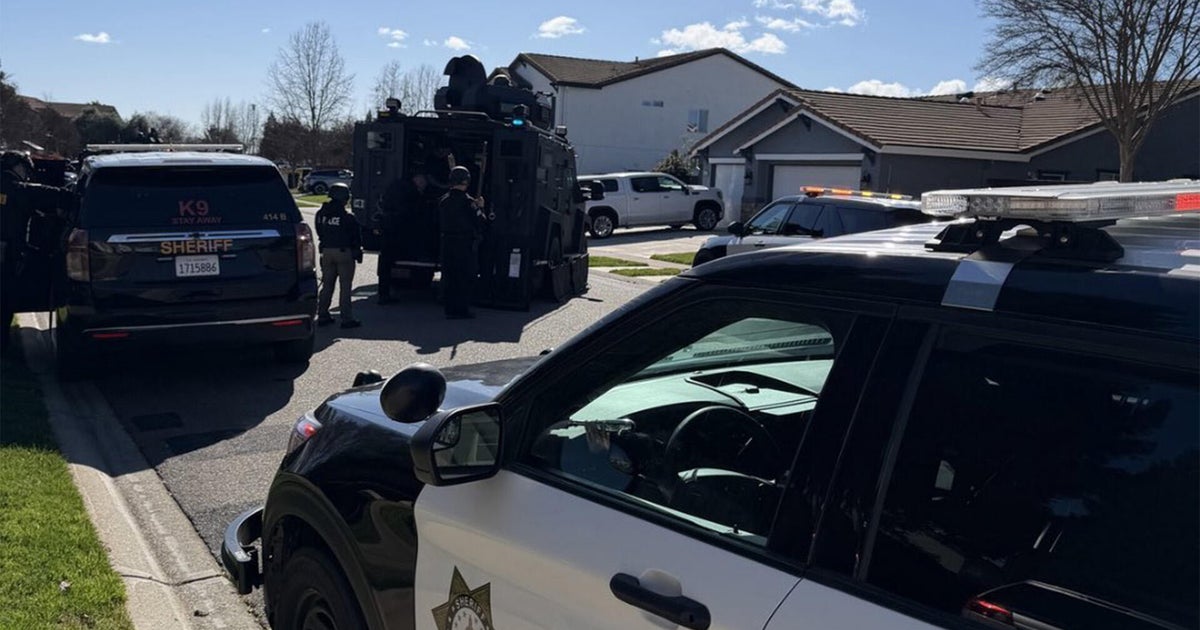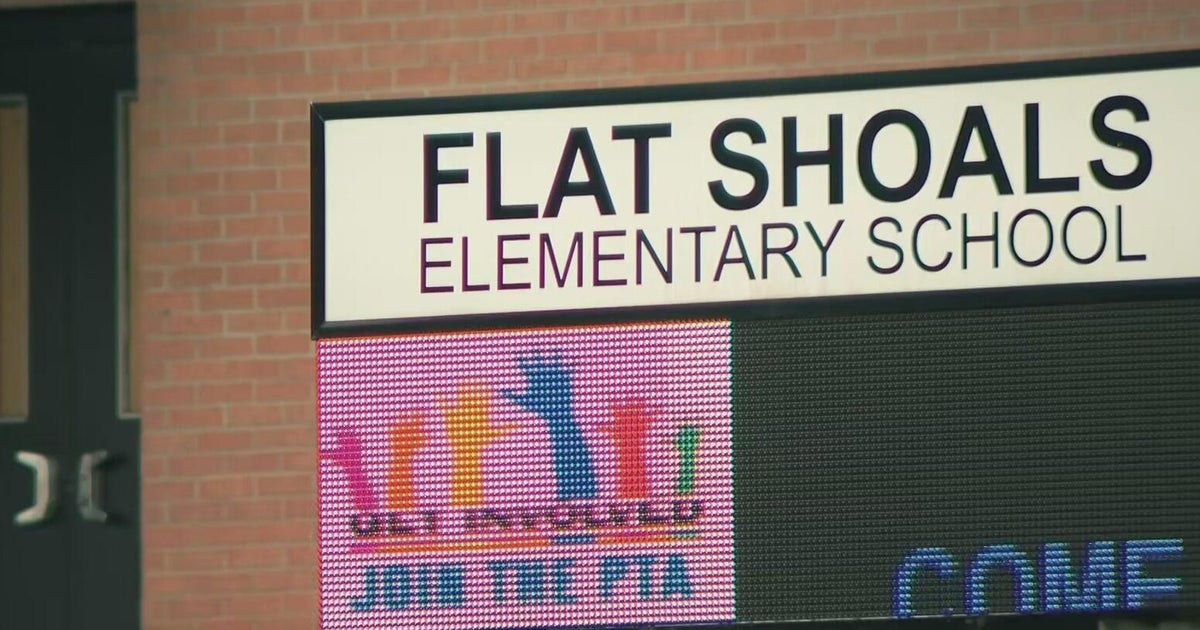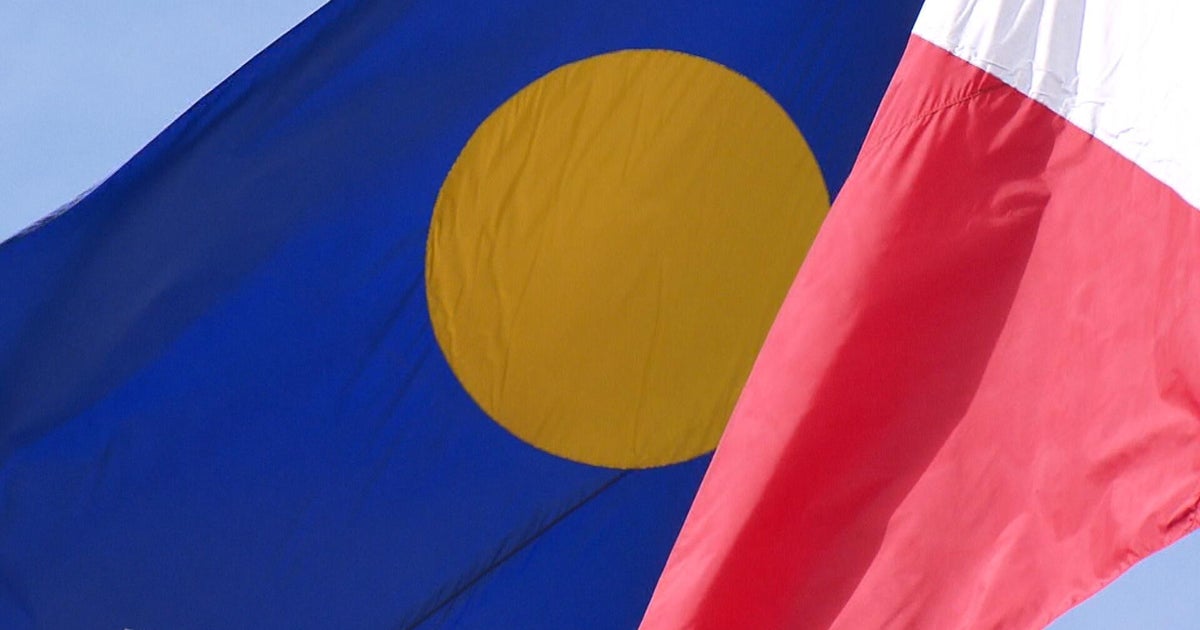Here's how to celebrate and view the 2024 solar eclipse in Maryland
Video above: How to keep your eyes safe during the solar eclipse
BALTIMORE -- A total solar eclipse passes over the United States in April, and while Maryland won't be in the path of totality, it's still worth watching the stellar spectacle.
Most of Maryland will get a partial eclipse that blocks 85-90% of the sun, according to NASA. Farther west in the state, it will be 90-95% blocked. The eclipse will peak around 3:21 p.m. in Baltimore.
If you're planning to gaze upon this once-in-a-lifetime event, you'll need special glasses to avoid permanent eye damage. Regular sunglasses, even those that are polarized and that offer 100% UV protection, are not suitable.
Baltimore's Enoch Pratt Free Library branch is offering free solar eclipse viewing glasses. The supply is limited, and you can only take one pair per customer.
The safest way to look at a partially eclipsed sun is with eclipse glasses that meet an international standard, ISO 12312-2, according to the American Optometric Association. Just make sure they're not scratched or torn.
It will be enough to step out onto your lawn to watch the rare event, but why not make an event of it? Here are some viewing events in and around Baltimore to check out to celebrate the 2024 solar eclipse.
Where to celebrate the solar eclipse
The Maryland Science Center is hosting a Solar Eclipse Watch Party where visitors can learn a variety of sun-safe viewing techniques, create their own pinhole viewer, and customize a pair of eclipse glasses. The center is also offering timed tickets to its rooftop observatory.
The Oregon Ridge Nature Center is hosting Astronomy in the Park at 13555 Beaver Dam Road in Cockeysville.
NASA's Goddard Space Center, about an hour out of Baltimore, is celebrating the partial eclipse with activities at its visitor center from 1 to 3 p.m. Activities will include viewings of the Sun with safe solar glasses, a corona art project, a Sunspotter demonstration, and presentations by solar scientists. Registration is required.
The College Park Aviation Museum is hosting a viewing on its grounds with free eclipse viewing glasses.
And down the beltway in Washington, D.C., the Smithsonian National Air and Space Museum is hosting a Solar Eclipse Festival on the National Mall. There will be a variety of safe telescopes and educational offerings in collaboration with other Smithsonian institutions, NASA, NOAA, the U.S. National Science Foundation, and the National Radio Astronomy Observatory.
And if it's cloudy? There are multiple livestreams that will show the eclipse from around the country, with NASA and the Associated Press both being good places to start.
To find out when exactly the eclipse will happen in your zip code, view NASA's interactive map.
There won't be another U.S. eclipse, spanning coast to coast, until 2045. That one will stretch from Northern California all the way to Cape Canaveral, Florida.

